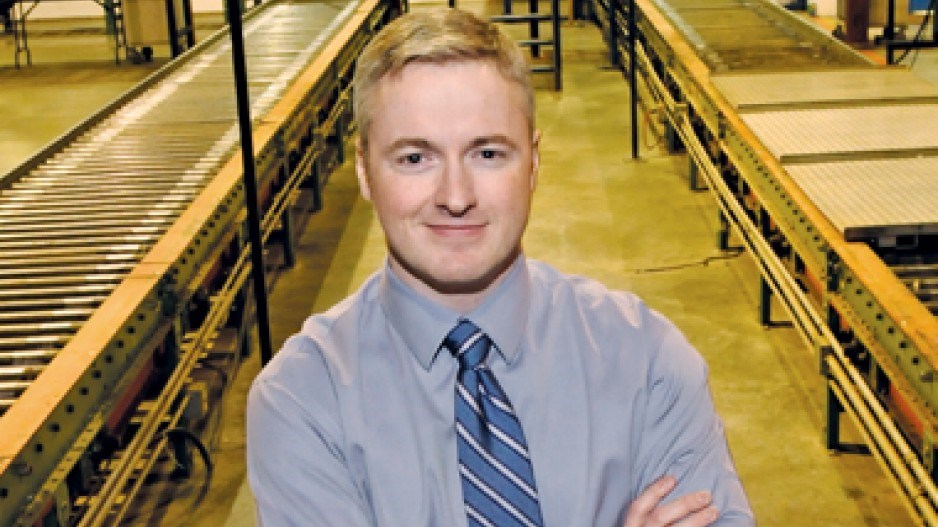The biggest meat recall in Canada's history might have been avoided if Canadian meat packers were allowed to irradiate meat and poultry to kill pathogens, says a Port Coquitlam company that builds and operates electron-beam processing technology.
Iotron Industries Inc. uses e-beams for various industrial applications, including sterilizing medical equipment. But the technology is also used to kill pathogens in food, like the E. coli bacteria that forced Alberta's XL Foods Inc. to undertake a massive meat recall and triggered multiple lawsuits, costing the company as-yet-undisclosed millions. Or like listeriosis – fears over which prompted last week's suspension of Edmonton manufacturer
Capital Packers' operating
licence, pending an investigation into its meat products.
Iotron recently built a $15 million e-beam processor in Indiana, where e-beam irradiation for meat and other foods has been approved.
"This technology is used successfully in other places for ground beef, and there's a hugely reduced risk of recalls," said Alex English, Iotron's sales and marketing manager. "If you have the option of preventing somebody from getting sick or dying, why wouldn't you use it?"
Irradiation is approved – although not required – in Canada, but only for spices, potatoes, onions, wheat, flour and dehydrated seasonings.
Health Canada studied and then recommended the use of irradiation for ground beef, poultry, shrimp, prawns and mangoes in 2002, but it was rejected for the same reason the pasteurization of milk and chlorination of water originally met with resistance: public opposition.
"A lot of people have compared it to what happened with the pasteurization of milk," English said. "No one has any concerns about having pasteurized milk or cheese now."
Opponents cite studies that show irradiation can cause micronutrient loss in foods and has been linked with carcinogens.
"Because radiation is known to cause cancer, there has been concern that food irradiation may present a cancer risk," the American Cancer Society states. "However, radiation does not remain in foods that have been irradiated."
Irradiation of foods is most commonly done with gamma rays from cobalt 60, a radioactive isotope. Nordian in Montreal provides gamma ray irradiation services for the medical field and for some types of food. E-beam processing does not use radioactive materials.
"The technology exists, it's safe, it's clean, it's using electricity, so it's renewable," English said. "We're minimizing the risk to human health in the hospital operating room, but we're not doing it for our food. But the process is the same: you take a product in its final packing and you sterilize it, and it's shelf-stable."
An e-beam processor costs about $15 million. English said they could be built near meat- processing plants and operated on a fee-for-service basis, like the one it operates in Indiana. Or the meat packers could just build their own e-beam plants.
Considering how much a listeriosis or E. coli contamination can cost in lawsuits and recalls, English said the economics make sense.
"The cost benefit is strong," English said. "It's just a matter of getting that message across."
Iotron and Acsion Industries in Manitoba are the only commercial e-beam processors in Canada providing irradiation for sterilization. •




